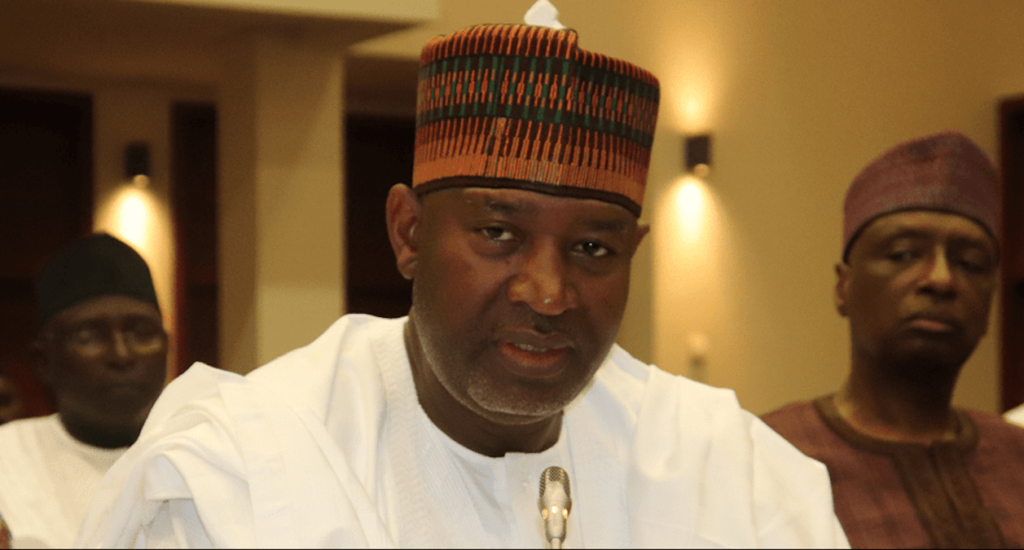Understanding the Importance of Airport Expansion and its effect on a nation’s economy, mainly when it is operational, should be a vital point of concern to a country with struggling economy.
If any government considers the possible contributions an aviation sector will impart annually on the revenue generated, which in turn amounts to a growth in the Gross Domestic Products, GDP; parts of its critical agenda would be focused on expanding the number of airports in the country.
Nigeria, a nation with a struggling economy, understands the importance of Airport Expansion across the various states. This is why on Thursday, May 20, the Federal Government announced the approval of four international airports.
These airports will be located in Lagos, Kano, Abuja and Port Harcourt. The government described the approved locations as “Special Economic Zones,” which suggests an understanding of increasing investment yields.
The Minister of Aviation, Hadi Sirika, who announced this as part of President Muhammadu Buhari’s administration plans to strengthen Nigeria’s economy, earlier revealed that the nation’s new national carrier, Nigeria Air, will hopefully start functioning in the first quarter of the following year.
Impact of Airport Expansion On A Struggling Economy
Airport Expansion, in this context, suggests a multiplying of air transport units, just as was earlier demonstrated in the actions of the Federal Ministry of Aviation resolving to mount several airports in some parts of the nation.
While conducting an assessment on the performance of the aviation sector in Nigeria, Everyeverya.ng learnt that regardless of the difficulties encountered during the global economic meltdown, the sector, in Nigeria, and Africa in general, was reported to be contributing up to 10 billion dollars to the GDP.
According to one of the world’s leaders in quantitative analysis and economic forecasting- Oxford Economics, the figures generated from the sector revealed that in the next 20 years to come, about 20 million jobs will be generated by our (Africa) aviation sector.
The Minister of Aviation, Hadi Sirika, just within the week, was emphatic about the national carrier, unveiling all the steps taken by the federal government in guaranteeing the successful operations of Nigeria Air.
It would be recalled that Sirika specifically disclosed that the national carrier is still in top gear, adding that the ministry will be reconvening its council meeting in the next two weeks to present a momo on the way forward.
Part of the moves already made to see that plans for the national carrier come to fruition was at a previous council meeting where the outline business case for the airline was approved.

